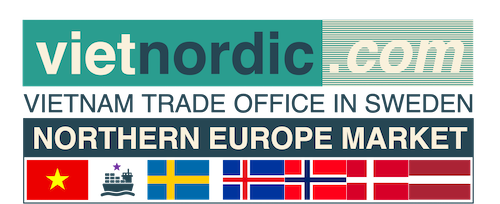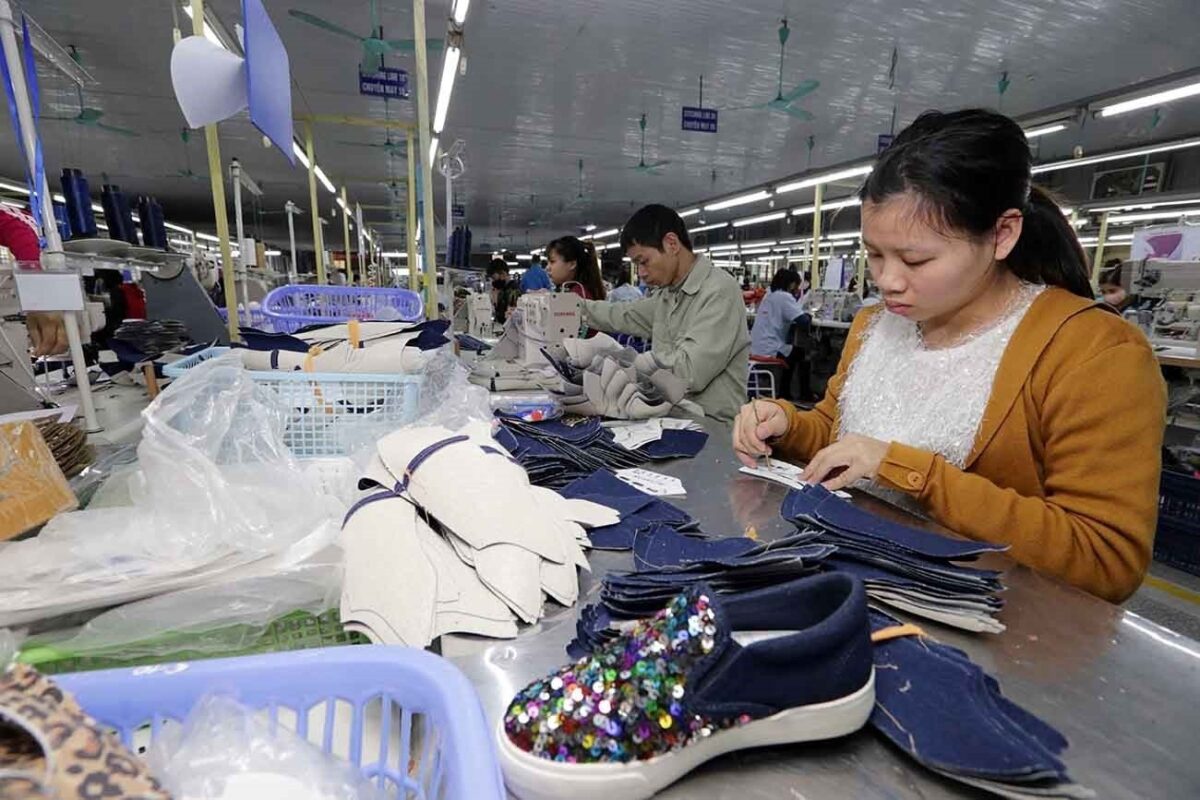Vietnamese enterprises are making relatively good use of the EU-Vietnam Free Trade Agreement (EVFTA), a recent survey revealed.
The survey of enterprises’ awareness of the EVFTA was conducted by the Centre for WTO and International Trade under the Vietnam Chamber of Commerce and Industry (VCCI).
It found that nearly 94 per cent of enterprises in Việt Nam had heard or known about the EVFTA at different levels, which is the highest rate among the FTAs signed by the country at present. Three out of 10 businesses have relatively good knowledge and one in 10 have very good knowledge of the commitments related to business activities under the EVFTA.
Nguyễn Thị Thu Trang, director of the WTO and International Trade Centre, said the benefits provided from the deal should be big enough to attract attention from local enterprises. Attention varied across different sectors, but this FTA might be generating the most economic benefits.
According to the survey, four out of 10 enterprises reported they had gained from the EVFTA, especially preferential tariffs for exports and imports.
The majority of respondents also said they were benefiting from new opportunities under the EVFTA in terms of forming partnerships, receiving more orders, and gaining more revenue and profits from the engagement in supply chains to serve trade with the EU.
About 17 per cent of enterprises said they had benefited from preferential tariffs for at least one batch of exports under the EVFTA, and 16 per cent gained this benefit for import batches.
However, up to 59 per cent of enterprises also reported they hadn’t benefited from the agreement over the last two years, explaining that they hadn’t made any transactions with EU partners during the period to capitalise on the deal. Other reasons included businesses’ limited capacity or obstacles related to the agreement in the EU and Việt Nam.
Meanwhile, 4.2 per cent of firms noted they had suffered losses under the deal, mostly in terms of increased compliance costs and greater competition pressure from EU imports.
Trang said with nearly 20 per cent of enterprises having made use of the EVFTA in the first two years of enforcement, they had gained momentum for continued capitalisation of the EVFTA after the EU’s Generalised System of Preferences (GSP) expires. If businesses proactively learn about EVFTA-generated opportunities, they will have a smooth transition from the GSP to the EVFTA. — VNS

